A recent study concludes that adults are eating fewer calories than previous generations but weigh more. How is this possible?
Researchers pointed to a number of reasons for this seeming impossibility. They believe that the higher weight can be attributed to: a ‘couch potato’ lifestyle amongst Britons, age, lack of sleep, stress, mindless eating, and inconsistent eating choices.
The study, conducted over the course of five years by the Institute of Fiscal Studies in Britain, found that adults are eating 20 percent fewer calories than their counterparts of thirty years ago. This translates into one large meal or dessert, roughly 600 calories.
Many adults are less active than previous generations. They hold indoor or office jobs that require much less physical activity than the outdoor labour of their grandparents. They also choose to spend their free time in front of the television or computer, instead of pursuing outdoor hobbies. Even though their calorie consumption is lower, their calorie burn is lower as well.
Researchers also cited age as a main contributor to weight gain. Foods that are readily available now tend to contain more sugar and fat than those available to previous generations. The older a person is, the more difficult it can be for them to process these sugars and fats, leading to a higher weight.
Adults around the world are sleeping less and working more. Lack of sleep often causes people to pack on the kilos as they fill their cravings for late-night snacks. A study from the University of Colorado Sleep and Chronobiology Laboratory supports this idea. Researchers found that sleep-deprived adults gained 2 pounds in only five days and ate more carbohydrates to fill their cravings. When these same adults were given adequate amounts of sleep, they lost weight and ate fewer carbohydrates and fat.
The stressful life led by many adults across Australia is also linked to weight gain. Higher stress levels increase the hormone cortisol, impacting the ability to lose weight.
Mindless eating is another significant cause of higher weight. Previous generations sat down to family meals, prepared at home. Today many adults eat on-the-go or in front of the television or computer, shoveling in empty calories from prepackaged foods or fast-food restaurants.
Many people are making better choices about what they prepare and eat from their own kitchens. They are drinking less alcohol, eating fewer fried foods, and eating more fish. At the same time, when they eat out or get take-away meals, they are making high-calorie, unhealthy choices.
Even though better health care is available, the overall health of adults is poorer than that of previous generations. The findings of a recent study were published in the European Journal of Preventive Cardiology and based on the Doetinchem Cohort Study of more than 6,000 adults. Researchers concluded that obesity, hypertension, and diabetes are much more prevalent amongst adults of today than those of previous generations.
The Doetinchem Cohort Study also concluded that the current rise in obesity and obesity-related diseases could result in shorter life expectancy.
Obesity is a serious issue in Australia. The Australian Government reports that three out of every five adults and one out of every four children is overweight or obese. What can be done?
- Get at least nine hours of sleep each night
- Be more physically active
- Eat meals prepared at home, served at the family table
- Make healthier choices when eating out
SOURCES: https://aww.ninemsn.com/dietandhealth/dietandnutrition/8676322/why-we-eat-less-but-weigh-more-than-30-years-ago;
https://www.usnews.com/news/articles/2013/03/11/study-lack-of-sleep-causes-weight-gain-in-just-a-few-days;
https://www.health.harvard.edu/healthbeat/mindful-eating-may-help-with-weight-loss
https://www.sciencedaily.com/releases/2013/04/130410082426.htm;
https://www.prevention.com/weight-loss/weight-loss-tips/how-lack-sleep-makes-you-gain-weight;
https://www.aihw.gov.au/overweight-and-obesity/; Image courtesy of hyena reality / FreeDigitalPhotos.net

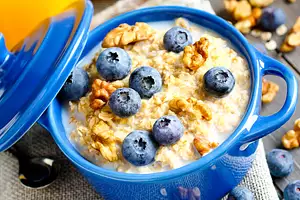
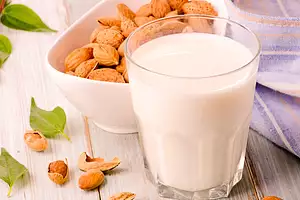
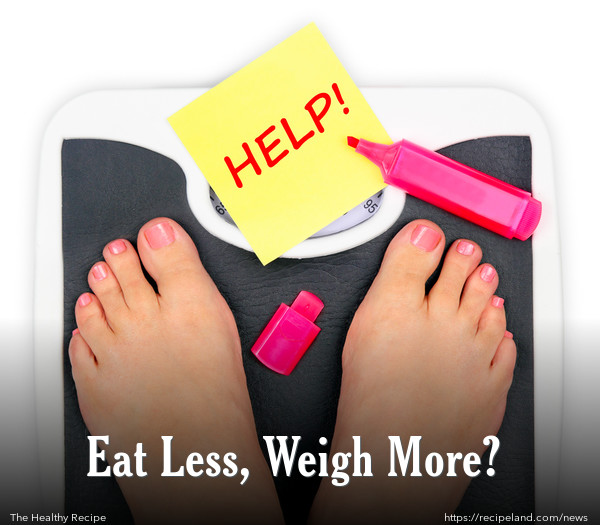

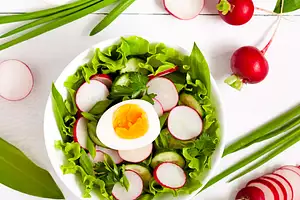

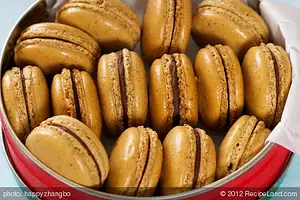


Comments